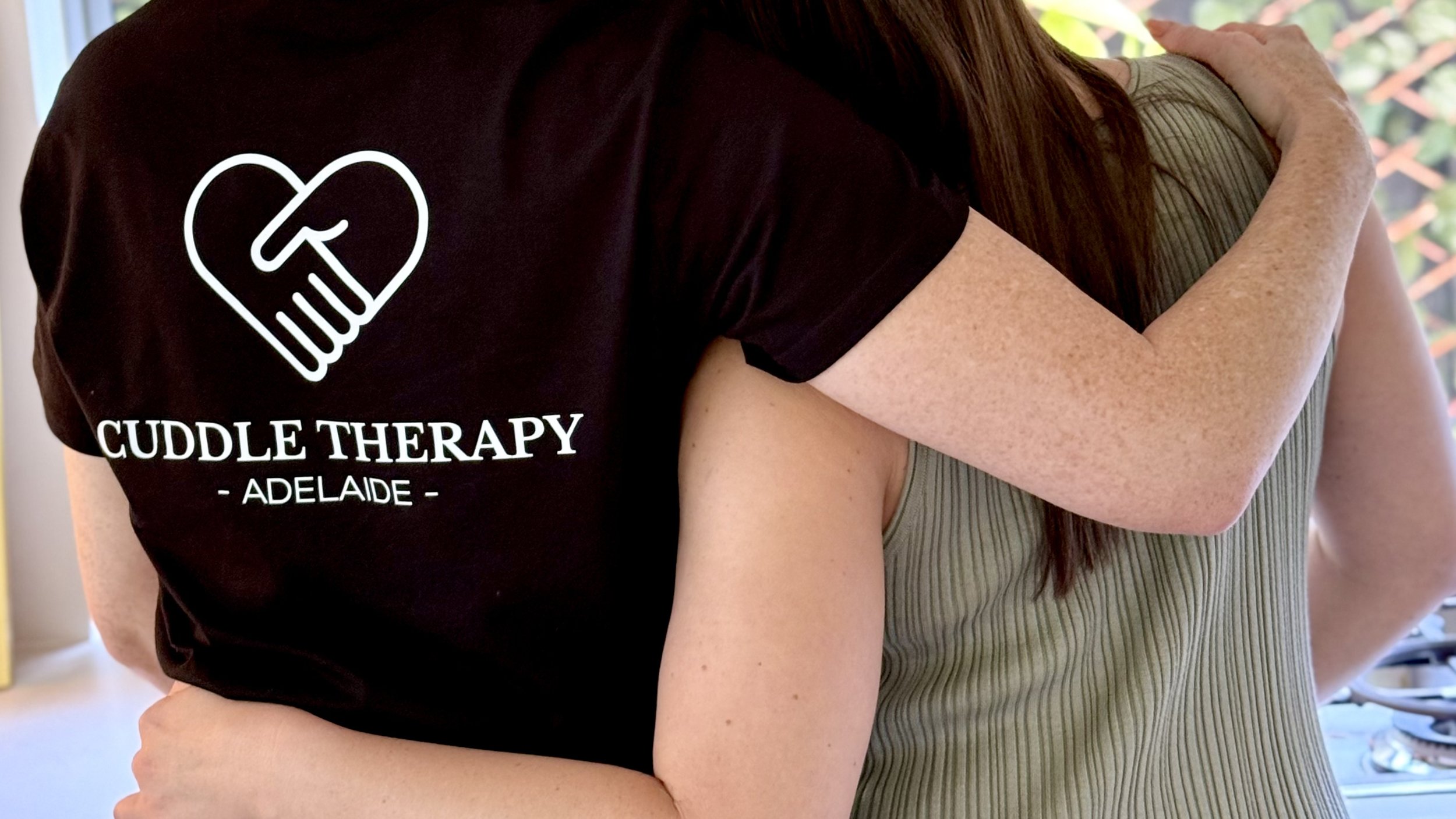
Benefits Of Cuddle Therapy
Cuddle therapy transcends simple hugging, harnessing the power of platonic touch to meet various emotional and psychological needs. In our fast-paced, technology-driven society, many individuals face “touch starvation” resulting in heightened stress and feelings of isolation. Our lives are often filled with sadness, stress, and a relentless need to keep moving, leaving little time for meaningful connection.
The yearning for human interaction is universal. As children, we are embraced and loved, and this need does not fade with adulthood. Many people mistakenly equate the desire for cuddling with romantic relationships, leading them to seek companionship in ways that affect multiple areas of their lives. Studies have shown that a lack of human touch can significantly contribute to depression. Platonic touch, such as cuddling, releases oxytocin, serotonin, and dopamine - neurotransmitters that enhance mood and emotional stability. This process also stimulates the production of endorphins, the body's natural “feel-good” hormones, providing pain relief and fostering a sense of overall well-being.
Cuddle therapy offers a remedy by creating a safe, consensual space where individuals can fully embrace the therapeutic benefits of human touch. By nurturing connection and acceptance, cuddle therapy alleviates the impacts of social isolation and supports emotional health, fostering a deeper sense of belonging and comfort.
As an alternative healing and wellbeing company specializing in professional cuddling, we recognize the increasing need to relieve everyday stress, depression, and anxiety through simple human interaction. We proudly offer our services to all men, women and non binary people ensuring that everyone has the opportunity to experience the warmth of platonic companionship - whether through cuddling or meaningful conversation. Below is a comprehensive list of the benefits derived from snuggling, highlighting its ability to release oxytocin, dopamine, serotonin, and inhibit cortisol, all of which contribute to mental and physical growth.
Reduced stress and enhanced relaxation
Increased feelings of happiness and well-being
Alleviated symptoms of depression
Lowered anxiety and social anxiety
Improved social skills
Boosted self-esteem
Better sleep quality
Lower blood pressure and heart rate
Combat feelings of loneliness
Decreased risk of heart disease
Strengthened immune system and quicker recovery
Protection against inflammation and oxidative stress
Pain relief and elevated pain threshold
Lessened symptoms of Post-Traumatic Stress Disorder
Support in healing from sexual or physical abuse trauma
A chance to slow down and enjoy the moment without expectations

